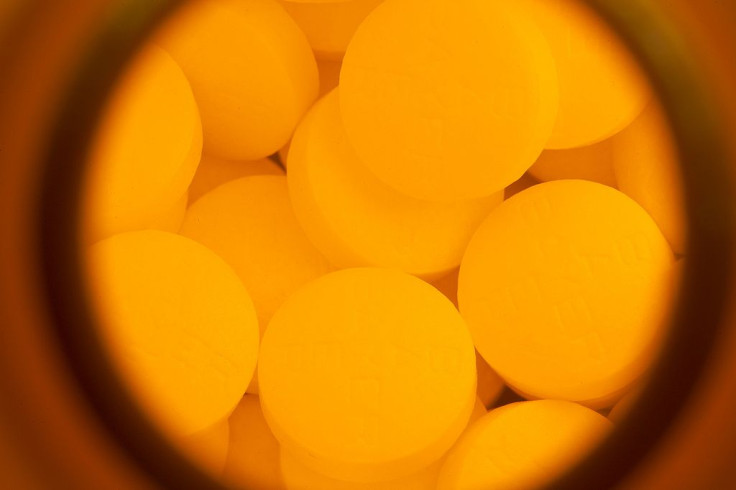Breast Cancer Patients May Benefit From Once-A-Day Aspirin Regimen; Could It Block Tumor Growth?

Can aspirin be the next big thing in cancer treatment? Researchers at the Veterans Affairs Medical Center believe so. In their new study set to appear in Laboratory Investigation, scientists found that aspirin was effective in blocking breast tumor growth and preventing it from coming back. Previous studies have seen similar results in other types of cancer, including colon, gastrointestinal, and prostate.
According to Dr. Sushanta Banerjee of the Cancer Research Unit at Kansas City Veterans Affairs Medical Center, aspirin has been successful in preventing the existence of environments that promote cancer stem cell reproduction, which is essential in fighting a potential reoccurrence.
“In cancer, when you treat the patient, initially the tumor will hopefully shrink,” said Banerjee in a recent press release. “The problem comes five or 10 years down the road when the disease relapses.” He explains that cancer stem cells, which survive chemotherapy and other forms of treatment, will remain dormant in the body until the right conditions allow them to grow. Once this happens, patients will relapse. “When they reappear they can be very aggressive, nasty tumors.”
Banerjee conducted two separate experiments, one using incubated cells and the other using mouse models, to see if aspirin could alter the molecular signature of breast cancer stem cells. In the first experiment, he incubated 96 different plates of breast cancer cells and exposed over half to acetylsalicylic acid, or aspirin. He found that the plates exposed to aspirin had significantly more cell death than those that were not, and many of the cells that lived were unable to grow.
For the second experiment, Banerjee studied 20 mice with aggressive tumors. Over a 15 day period, he administered the human equivalent of 75 milligrams of aspirin to these mice each day, a relatively low dose, and tracked tumor progression. By the end of the 15 days, the tumors were weighed, and the tumors of the mice who received the aspirin were, on average, 47 percent smaller.
Researchers also tested the theory that aspirin could prevent cancer growth by giving mice a daily aspirin regimen for 10 days before introducing cancer cells. They found that after a 15-day period, mice that had been treated with aspirin before exposure to cancer had less tumor growth than those who were not given aspirin.
“We found that aspirin caused these residual cancer cells to lose their self-renewal properties,” said Banerjee. “Basically, they couldn’t grow or reproduce. So there are two parts here. We could give aspirin after chemotherapy to prevent relapse and keep the pressure on, which we saw effective in both the laboratory and the mouse model, and we could use it preventatively.”
Banerjee also warned that patients should always consult their physician before considering a daily aspirin regimen, as aspirin’s blood thinning qualities have been linked to gastrointestinal bleeding. “Of course there is a risk,” he says, “but you have to weigh that against the risk of cancer. It’s true this is relatively new and we don’t know all the side effects yet, but this was a very low dose.”
Banerjee says he has been on a daily aspirin regimen of his own for the past three years, with no negative effects.
Source: Banerjee S, Archana D, Amlan D, et al. Aspirin blocks growth of breast tumor cells and tumor-initiating cells and induces reprogramming factors of mesenchymal to epithelial transition. Laboratory Investigation. 2015.



























